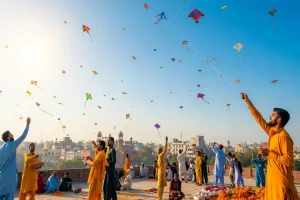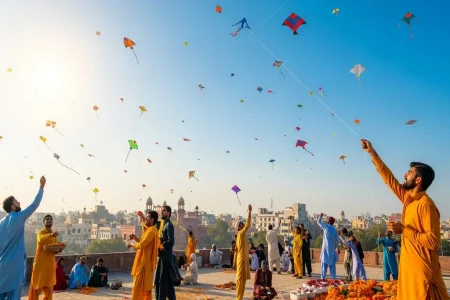On May 1, we celebrate Labour Day to recognize the contributions and sacrifices of our workers. It is a day to be thankful for the men and women whose hands keep our factories running, our roads paved, our crops harvested and our offices open. Labour Day is not just a time to celebrate workers, it is also a time to think about how workers have fought for basic rights like decent pay, safe working conditions and dignity.
History of Labour Day
The origins of Labour Day lie in the 19th century labour movement. Back in the days when the Industrial Revolution was spreading, labourers in factories and mines spent long hours (like 12 to 16 hours a day) working often under unsafe conditions and with little or no job security. Children had dangerous jobs and were paid very little.
This led to the formation of labour unions who wanted better rights. One of the central demands was the 8 hour day. In the US, some 40,000 workers went on strike as part of a labour protest known as the Haymarket Affair on May 1, 1886 while workers in Chicago turned out for a massive procession to demand an eight hour workday. This was a kind of preceding event to International Workers Day that is now observed around the world on May 1st.
In Pakistan Labour Day became an official holiday in 1972 when the Zulfikar Ali Bhutto regime made it a public holiday for the first time.
Why Labour Day Matters
Labour Day is more than just a day off. It is a time to:
Value people from every sector like farmers, factory workers, teachers, drivers, nurses and all other workers.
Consider the rights of workers and how much progress we have made in securing equal treatment.
Point out the struggles of workers who still face challenges today such as unemployment, low wages, insecurity and exploitation.







